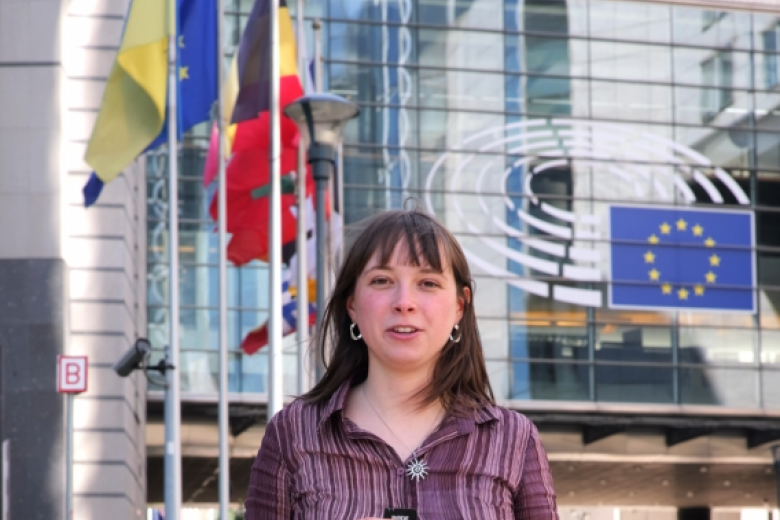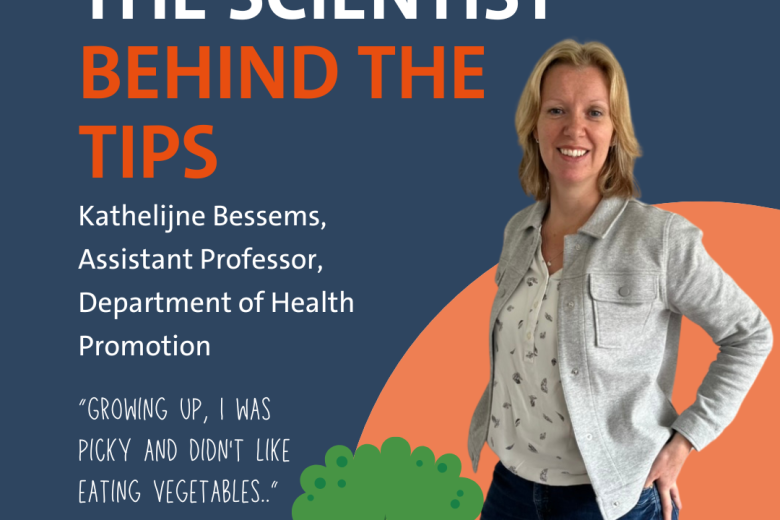Will The Euro Survive The Corona Crisis?
How to get out of this crisis? Member State leaders are meeting tomorrow to answer that question. On the agenda: loans, grants, and more financial measures to combat the economic effects of Covid-19. Studio Europa Maastricht spoke with Clemens Kool, professor of Monetary and Financial Economics, about a monetary union that continues drifting apart. His conclusion? “We haven’t developed sufficient mechanisms to absorb shocks together.”
Across the European Union, the economic shock of Covid-19 has been severe. But its effects have not been not evenly distributed. “That’s partially a matter of luck,” Kool says. “In the Netherlands, it was a combination of carnivals, traditionally held in the winter in the southern regions, and people returning from skiing trips that meant the virus spread quickly in the south. The same regional differences occur everywhere, so you could say Covid-19 is a regional rather than a national problem. The spread of Covid-19 depends on the regional characteristics: is the region densely populated? Is it an industrial center or countryside? How are the demographics? All these factors together determine the first virological and economic impact of the virus.”

Also read
-
Europe Day
To celebrate Europe Day on 9 May, FASoS student Lisa travelled to Brussels to meet with five of our inspiring alumni who are currently shaping European policy and advocacy. In this video, they share why Europe Day matters, how it’s celebrated in Brussels, and what the idea of Europe means to them.

-
The Green Office Catalyses Circularity Projects’ Autonomy
This semester, the Green Office cultivated the untapped potential of the Community Garden and the Clothing Swap Room. We hope that these Circularity Projects will operate under autonomous, functional organisations by this time next year, with continued support from the Green Office and the SUM2030...
-
Evidence-based health tips for students: the science of eating healthy
In the upcoming months, we’ll share tips on Instagram for our students on how to live a healthier life. Not just a random collection, but tips based on actual research happening at our faculty. The brains behind this idea are Lieve Vonken and Gido Metz, PhD candidates at CAPHRI, the Care and Public...

